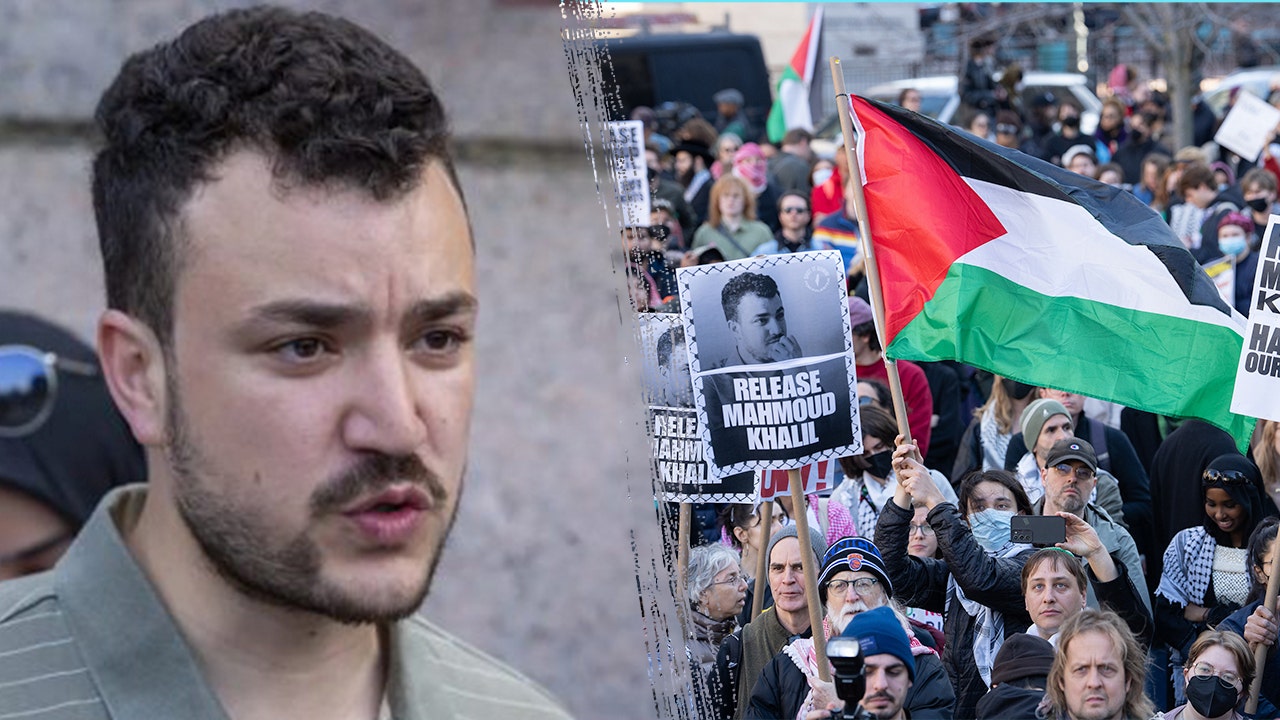Mahmoud Khalil publishes op-ed blasting Columbia University

Anti-Israel organizer Mahmoud Khalil recently penned an op-ed in Columbia University’s newspaper, criticizing the institution for allegedly facilitating his potential abduction. In his piece titled “A letter to Columbia,” Khalil accused the university of apathy towards Palestinians and drew parallels between President Donald Trump’s crackdown on anti-Israel protesters and Columbia’s treatment of Palestinian students.
Khalil, who fled the brutality of Bashar al-Assad’s regime in Syria to seek refuge in Lebanon, claimed that the federal government’s targeting of himself and his peers was a result of Columbia’s repression playbook concerning Palestine. He lambasted the administration for focusing on creating hysteria about antisemitism while ignoring the plight of Palestinians who have been killed under bombs funded by American dollars.
Furthermore, Khalil criticized certain students at Columbia for perpetuating a false narrative of antisemitism on campus and for their alleged efforts to unmask anti-Israel protesters. He insinuated that some of these students may have been involved in military actions in Palestine during school breaks, only to return to campus and claim victimhood.
In a direct message to Columbia’s faculty, Khalil questioned their progressive leanings and urged them to resist the destruction of the university. He asked whether their positions were more valuable than the lives of their students and the integrity of their work.
The op-ed comes in the wake of Khalil’s detention by ICE agents in New York City in March, where he was accused of leading activities aligned with Hamas, a designated terrorist organization. This led to protests by Columbia University students who demanded the release of the trustees who allegedly provided Khalil’s name to ICE.
Despite the school denying any involvement in Khalil’s arrest, students continue to demand accountability from the university’s trustees. The Columbia Palestine Solidarity Committee has vowed not to leave until their demand is met.
The op-ed has sparked a heated debate on campus, with students and faculty grappling with issues of free speech, political activism, and the university’s relationship with controversial political movements. As the situation unfolds, it remains to be seen how Columbia University will address the concerns raised by Khalil and the broader implications for academic freedom and political expression on campus.




